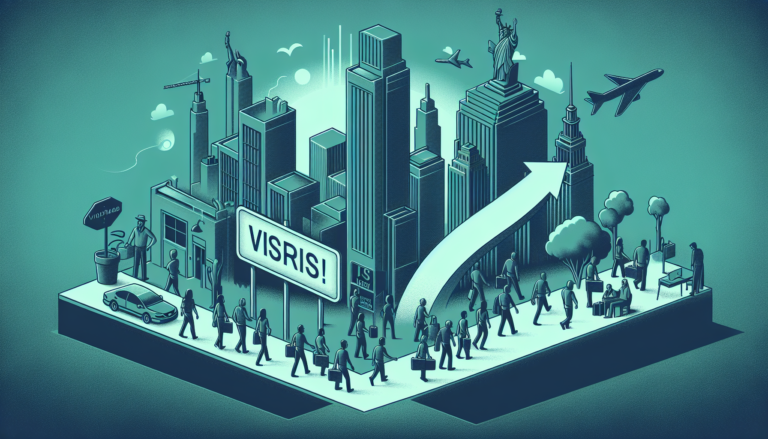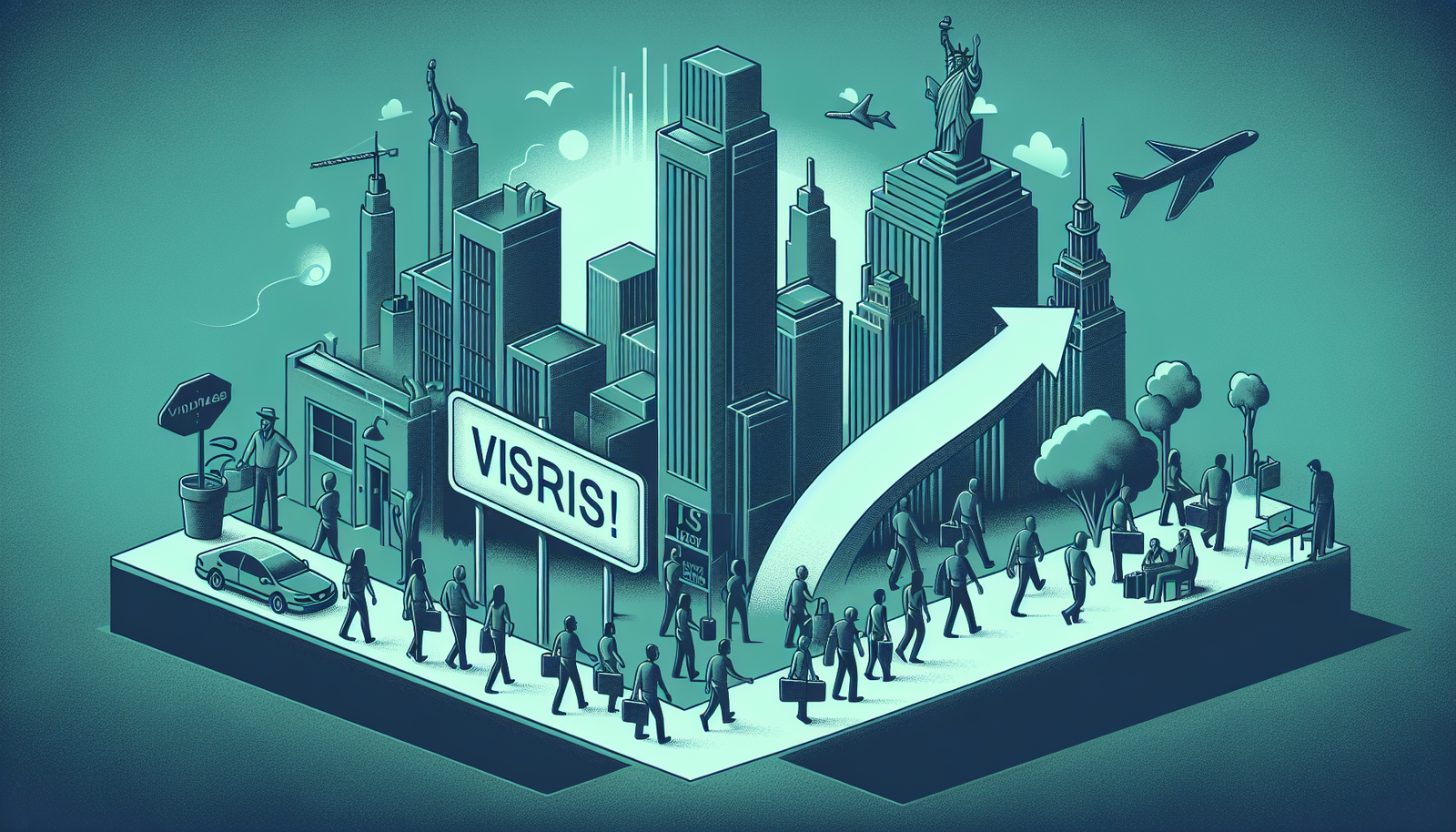

Trump’s H-1B Visa Wage Rule
In 2020, the Trump administration introduced a controversial rule that aimed to increase the minimum wage requirements for employers to sponsor H-1B visa holders and employment-based immigrants. This strategic move was perceived as an effort to price these foreign professionals out of the American job market. The regulation caused significant consternation among companies that relied heavily on hiring skilled foreign talent. The increased wage requirements were drastic; for instance, the mandatory salary for a petroleum engineer under this rule doubled, and for some common occupations, the minimum salaries surged by over 200%.
However, this rule never saw the light of day due to a procedural block. In December 2020, a US District Judge vacated the rule, halting its implementation, much to the relief of impacted companies. The Trump administration, in its final days, attempted to salvage the rule by moving it to a final stage. But the Biden administration did not contest its vacating, leading to its delay until November 2022. Despite the pause, there remains a looming possibility of this rule making a comeback, contingent on Trump’s potential return to the presidency in the 2024 elections.
The Potential for Reinstatement
Immigration attorneys and companies are now preparing for the possibility that if Trump wins the 2024 election, stricter immigration measures could be reintroduced, with the H-1B visa wage rule being a significant focus. Under a second Trump administration, employment-based immigration could face greater barriers and delays in processing high-skilled worker petitions. The Department of Labor had sought public input in April 2021 to determine the prevailing wage for H-1B visa holders, but no forward steps were taken regarding the rule post-that period. The uncertainty surrounding the rule keeps many businesses on edge, understanding that reinstatement could drastically alter their hiring strategies.
Economists argue that such stringent immigration policies could precipitate labor shortages, escalate production costs, and diminish the competitiveness of U.S. businesses. Foreign-born workers have been filling pivotal roles across a multitude of industries, and their absence could be detrimental to productivity and innovation. This potential labor shortfall comes at a time when many industries are rebounding from pandemic-induced setbacks, making the prospect of restrictive immigration policies particularly concerning.
Concerns in the Tech Industry
The technology sector, which is particularly reliant on H-1B visas, has voiced significant concerns regarding the wage rule. The industry is likely to lobby Congress to expand employment-based visa programs to ensure a robust supply of skilled labor. However, this push might face hurdles given the current wave of layoffs within the tech industry and the influx of computer science graduates entering the job market. Critics highlight this dichotomy to argue against expanding visa programs, suggesting that domestic talent should be harnessed before looking overseas.
Ironically, despite his public stance on curbing immigration, Trump’s own business practices have often leaned on the very framework he sought to restrict. Trump’s companies, including the Trump Media & Technology Group, have utilized H-1B visas. For instance, they applied for an H-1B visa for a worker with a $65,000 annual salary, although they claim not to have hired the worker. This discrepancy between public policy stance and private practice highlights the complex nature of immigration policies and their real-world implications.